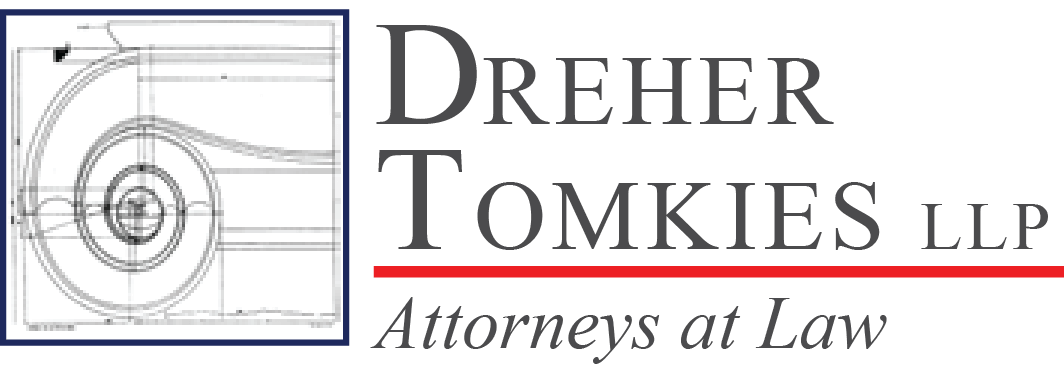The CFPB has announced that it will begin seeking public comments regarding “back-end fees” to help inform its future agenda. This initiative is part of the CFPB’s recently announced examination of credit card rates and fees with an eye toward ensuring “robust and fair competition” in the credit card market. See our ALERT of Jan. 25, 2022. The CFPB is targeting the so-called “fee economy” that “conceals the true price of products (including credit cards) from the competitive process,” citing internal research that found that credit card companies charged over $14 billion in late fees and over $15 billion in overdraft and NSF fees in 2019. In the CFPB’s view, “excessive” and “exploitative” fees charged by banks and non-bank financial institutions, whether predictable and transparent or not, have become “widespread,” “far exceeding” the marginal cost of the services they purport to cover. Read More
Month: January 2022
CFPB TO EXAMINE CREDIT CARD RATES, FEES
In a January 2021 blog post, the Consumer Financial Protection Bureau (CFPB) announced that it would begin examining credit card rates and fees to ensure there is “robust and fair competition” in the credit card market. To accomplish this goal, the CFPB will focus on three areas in particular: Industry-wide practices – The CFPB argues that the credit card market, while large, has a small number of major players whose parallel shifts in business can make it more difficult for issuers to offer competitive pricing to consumers. As an example, the Bureau points to the industry practice of withholding account performance information that issuers may previously have reported to the credit bureaus, making it difficult for other issuers to offer competitive pricing to consumers. The CFPB intends to examine such practices with an eye toward their effect on fair competition. Read More
FTC SETTLES “HIDDEN” UPFRONT FEE SUIT
In July 2021, the Federal Trade Commission (“FTC”) settled its lawsuit against an online marketplace loan provider. The FTC filed their initial complaint in 2018, alleging that the company engaged in unfair and deceptive acts or practices and violated the Gramm-Leach-Bliley Act (“GLBA”) in connection with its advertising, application process and automatic payment practices. FTC v. LendingClub Corporation, No. 18-02454 (N.D. filed Cal., Apr. 25, 2018); see our ALERT of May 21, 2018. The FTC complaint alleged that the company falsely promised consumers they would receive loans with “no hidden fees”, told applicants their loans were “on the way” when they knew those applicants would not receive a loan and initiated unauthorized withdrawals from consumers’ bank accounts. Read More
EQUIFAX FORMALIZES INCLUSION OF “BUY NOW, PAY LATER” DATA IN CONSUMER CREDIT REPORTS
Equifax has announced its intention to include “Buy Now, Pay Later” (BNPL) payment information in consumer credit reports. BNPL programs, a form of point-of-sale financing, typically involve short term, interest free installment payments offered at checkout. An Equifax study of anonymized consumer data from a BNPL provider indicated that individuals who pay their BNPL loans on time could increase their credit score if those loans were reported to credit agencies. The BNPL trade lines included in the study were reported as revolving line of credit accounts, had five and half months of repayment history reported, and an average utilization rate of 17.9%. According to the study, the inclusion of on-time BNPL payments improved the credit score of a majority of customers, with an average FICO score increase of 13 points. Read More
FTC BANS MERCHANT CASH ADVANCE PROVIDER FROM BUSINESS
The Federal Trade Commission (“FTC”) has entered into a consent order with a commercial lender and one individual owner to resolve two related charges that the lender, along with one related business defendant and three individual defendants violated: (i) Section 5 of the Federal Trade Commission Act (prohibiting unfair and deceptive acts and practices) by requiring terms it expressly represented it did not require, collecting more than what was owed and using unjustified confessions of judgments and threats on borrowers; and (ii) Section 522 of the Gramm-Leach-Bliley Act (prohibiting fraudulently obtaining customer information of a financial information) by fraudulently obtaining borrowers’ bank information to effect the alleged unfair and deceptive practices. The action against the other three defendants remains ongoing. Read More
LET’S NOT CALL THE REGULATOR!
How many times have you heard someone suggest giving the regulator a call?
Legal issues arising in connection with statutes and regulations that are subject to a state or federal regulatory authority can and frequently do involve difficult interpretations. The statutes and regulations often contain ambiguities, lack of definitiveness and, all too frequently, apparently contradictory provisions. Sorting through this morass and applying rules of statutory construction is the job of an attorney. There is no substitute for legal training and experience in resolving these issues to give clients appropriate guidance. Read More

